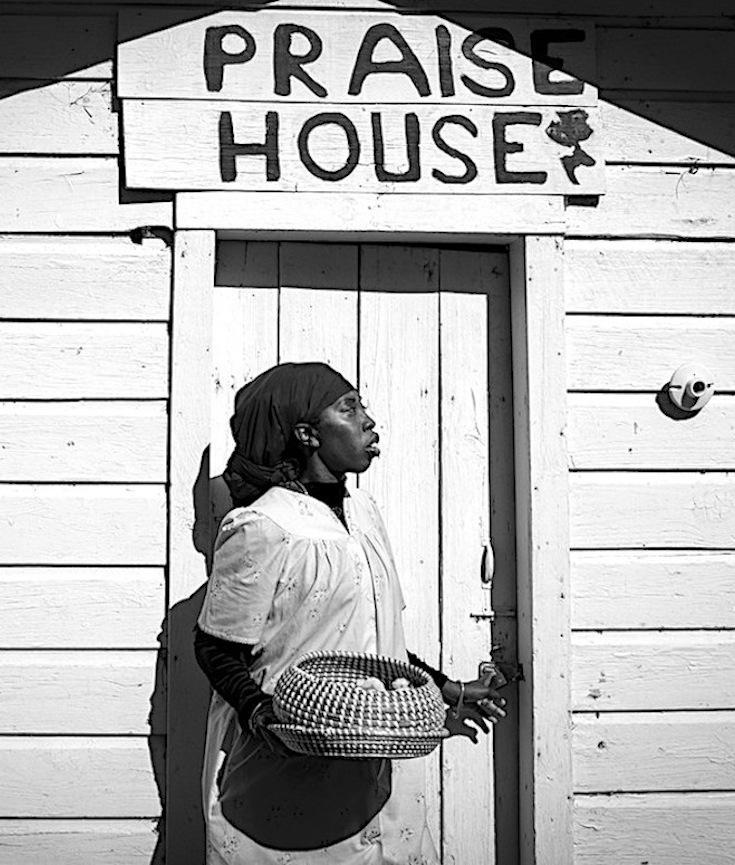[dropcap]At[/dropcap] the time, he had no idea then that it was a dialect that had been passed down from their enslaved African ancestors, or that it was just a small piece of the distinct and rich culture of the Gullah people, who’d maintained a strong connection to their roots as, generation after generation, they remained along the coasts of the Carolinas and Georgia (where they’re known as Geechee).
When Marovich moved to Hilton Head Island in the 1990s, he started meeting Gullah people and learning about their history and culture. Brought to America from “the primarily rice-producing regions of West and Central Africa,” the Gullah/Geechee people worked the plantations of the American southeast, where they “developed a separate creole language and distinct culture patterns that included more of their African cultural traditions than the African-American populations in other parts of the United States.” After emancipation, the Gullah/Geechee remained in the same rural coastal communities where they were once enslaved. For many years after that, their communities thrived without much interference from outsiders. They were free to continue long-held traditions of “making seagrass baskets, fishing with handmade nets, burying their dead by the seashore, and living life simply,” as Marovich wrote in the introduction to his book, Shadows of the Gullah Geechee. [mc4wp_form id=”6042″]
HILTON HEAD ISLAND | BEAUFORT COUNTY, SC
Hilton Head Island, sometimes referred to as simply Hilton Head, is a Lowcountry resort town located on an island of the same name in Beaufort County, South Carolina, United States. It is 20 miles (32 km) northeast of Savannah, Georgia, and 95 miles (153 km) southwest of Charleston. The island is named after Captain William Hilton, who in 1663 identified a headland near the entrance to Port Royal Sound, which he named “Hilton’s Head” after himself. The island features 12 miles (19 km) of beachfront on the Atlantic Ocean and is a popular vacation destination. In 2004, an estimated 2.25 million visitors pumped more than $1.5 billion into the local economy. The year-round population was 37,099 at the 2010 census, although during the peak of summer vacation season the population can swell to 150,000. Over the past decade, the island’s population growth rate was 32%. Hilton Head Island is a primary city within the Hilton Head Island-Bluffton-Beaufort metropolitan area, which had an estimated population of 207,413 in 2015.
The island has a rich history that started with seasonal occupation by Native Americans thousands of years ago, and continued with European exploration and the Sea Island Cotton trade. It became an important base of operations for the Union blockade of the Southern ports during the Civil War. Once the island fell to Union troops, hundreds of ex-slaves flocked to Hilton Head, which is still home to many “native islanders”, many of whom are descendants of freed slaves known as the Gullah (or Geechee) who have managed to hold on to much of their ethnic and cultural identity. (Wikipedia).








You must be logged in to post a comment.